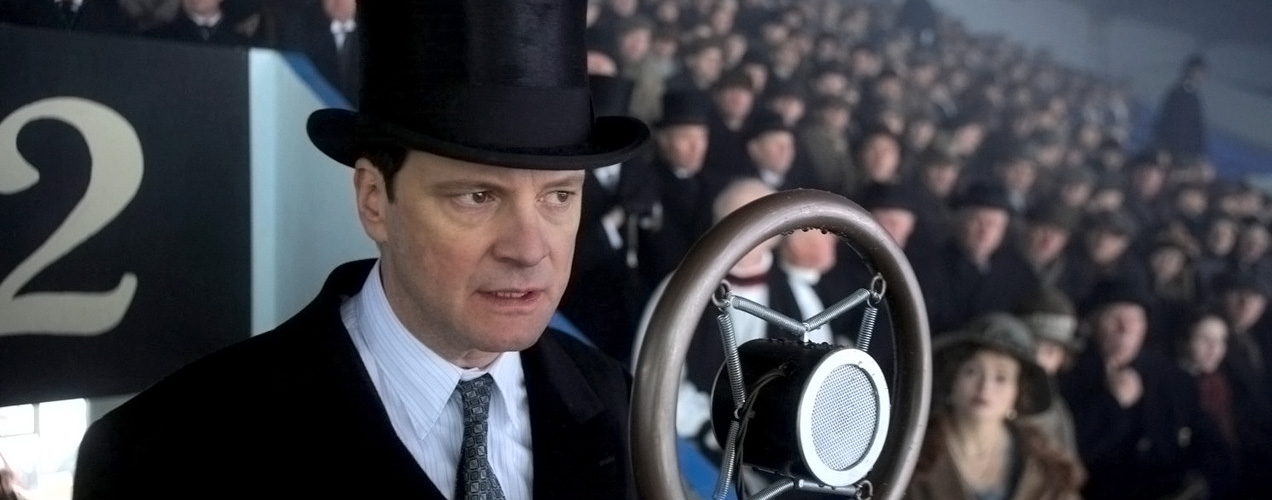2010 / Tom Hooper > Founded on a screenplay by David Seidler filled with clever quips, The King’s Speech is an enjoyable if sometimes too conventional re-creation of British history. It does play on the softer side of things (leaving out much of Edward VIII’s pro-Nazi sentiments) while too often accentuating the melodrama. But what really makes the film stand out are its two central actors: Colin Firth (who will probably win the Oscar even if his isn’t the singular best performance of the year) and Geoffrey Rush play off each other so delightfully that all fundamental shortcomings of the film are easy to ignore.
Category Archives: Europe
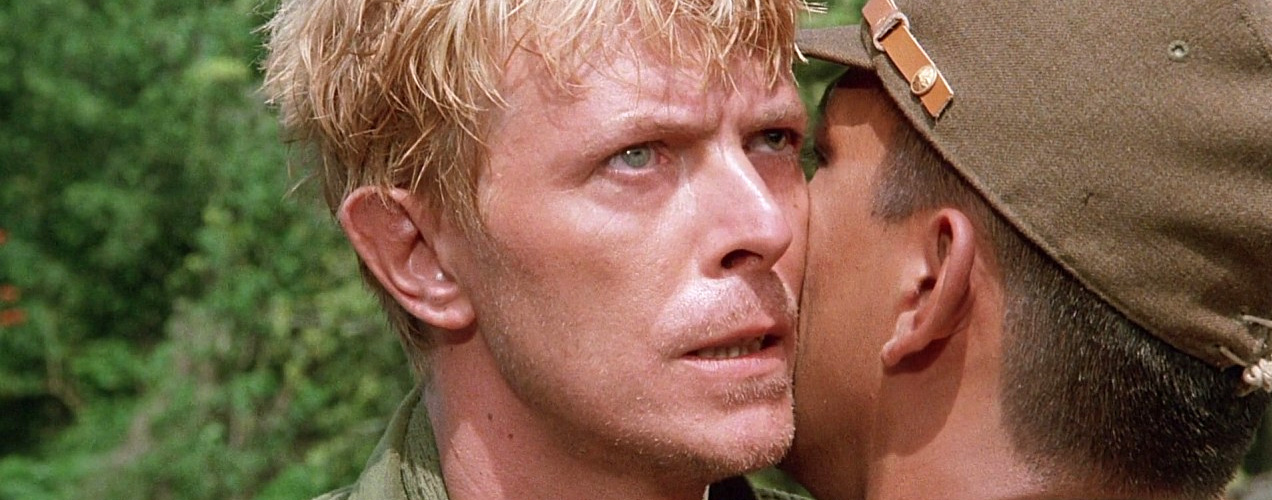
Merry Christmas Mr. Lawrence
1983 / Nagisa Oshima > Oshima’s take on love and sexuality in In the Realm of the Senses is equally as unforgettable as what he does with war in Merry Christmas Mr. Lawrence. The nuances of conflict have been touched upon in multiple ways, but there is something truly intimate here that doesn’t really strike you until the very last second. It’s easy to show the superficial nature of friendship for those on opposing sides, but Oshima manages to capture the whole gamut—from jealousy and hatred to love and respect—through rich cultural subtext and pointed camerawork. His exploration of the differences in mentality between the British prisoners and their Japanese captors is superlative to more heralded attempts such as The Bridge on the River Kwai.
Ryuichi Sakamoto’s soundtrack is haunting, though its electronic sensibilities can feel a bit dated at times. Still, the title track remains one of my favorite instrumentals ever. Trickiest, no doubt, is Sakamoto’s overacting which may have been caused by his mediocre grasp of English. (Sakamoto himself found his performance cringe-worthy.) On the other end, David Bowie picks up quite a bit of the slack opposite an incredible performance by Takeshi Kitano. In a film filled with memorable scenes, his last one takes the cake. It makes everything click at the end and confirms that you’ve seen something special.
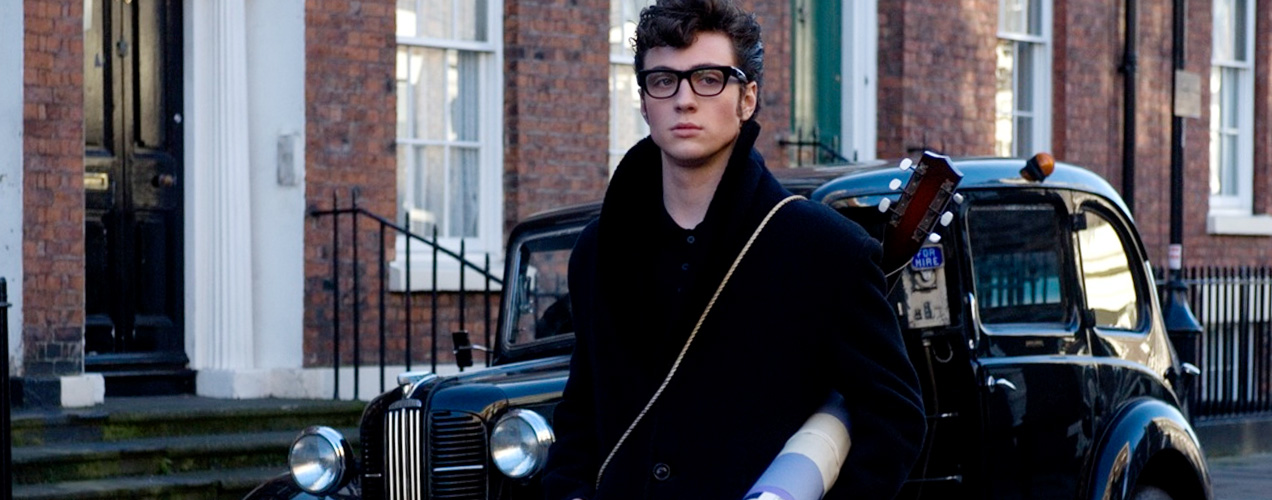
Nowhere Boy
2009 / Sam Taylor-Wood > What’s most impressive about conceptual artist Taylor-Wood’s directorial debut is her ability to take the celebrity out of a teenage John Lennon. By the end of the film, his relationship with his family is of greater interest than his impending tales of success (though the hints are all over the place). Aaron Johnson, notable in the U.S. for his lead role in Kick-Ass, actually gets to show off his acting chops with a highly emotive portrayal of Lennon that’s hopefully indicative of better things to come. Also of note is the rich yet low-key performance by Kristin Scott Thomas who, having been neglected by the Academy for I’ve Loved You So Long, may actually get a much deserved nod.
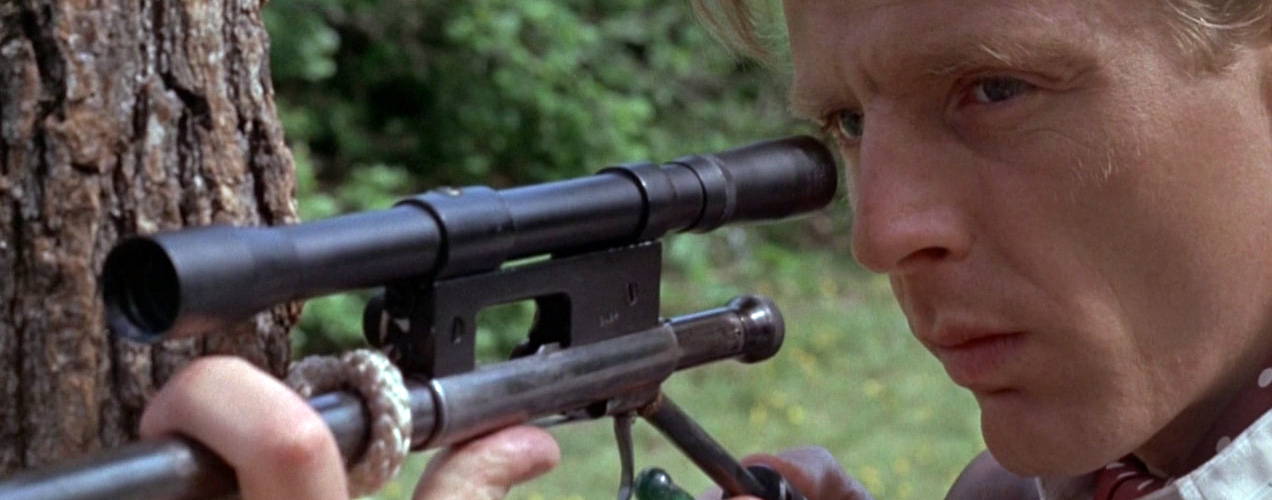
The Day of the Jackal
1973 / Fred Zinnemann > Off-hand, I can’t recall a better dissection of how an assassin goes from taking a job to completing it, especially with a target as high-profile as the President of France. Every minor step is detailed but not in a way that bores. Zinnemann’s meticulousness pays off for the viewer who gets to enjoy a double-sided analysis of both the authorities hunting down The Jackal and how he himself constantly stays one step ahead. The dry, near-documentary style filmmaking may turn off some, but its beauty is in the way it lets us soak in the cat-and-mouse chase rather be forced to endure some in-your-face entertainment. But that may be underestimating the subtle character study of The Jackal himself, played so wonderfully by Edward Fox. Is he good or bad? Similar to Shohei Imamura’s take on a serial killer in Vengeance is Mine, the answers are far from obvious.
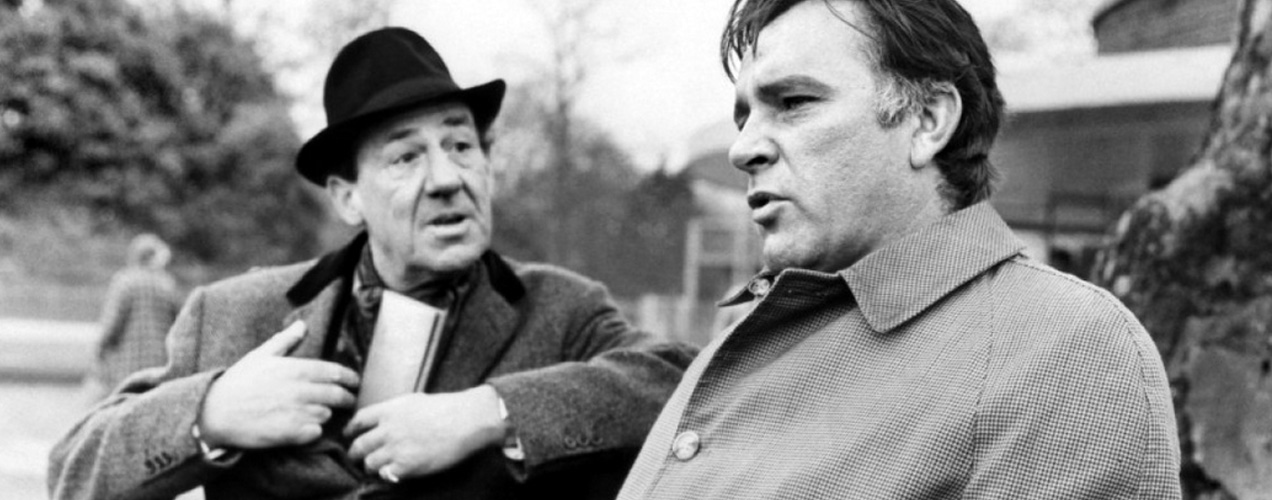
The Spy Who Came in from the Cold
1965 / Martin Ritt > If there ever was an elegy to Cold War espionage, this may be it. Based on a John le Carré novel, The Spy Who Came in from the Cold doesn’t waste time romanticizing the profession that modern day moviegoers identify with the flash and glamour of James Bond. In its bitterness, we witness a carrying performance by Richard Burton where he completely erases the line between the sides. It can be argued that no actor has ever portrayed the confusion of being a double agent better.

Centurion
2010 / Neil Marshall > The Roman Empire provides filmmakers with substantial history from which flesh out fantastic, thrilling dramas. Marshall fails to take advantage of such a backdrop with a story that may as well have been set in the Australian Outback. But while that may have been justifiable, the fact that the characters’ lack of common sense drives much of the generic, shallow plot is not. Add onto that the dated twists, Centurion becomes a disappointing follow-up to Fish Tank for Michael Fassbinder and another wasted opportunity for The Wire’s McNulty (Dominic West) to have a fruitful role.
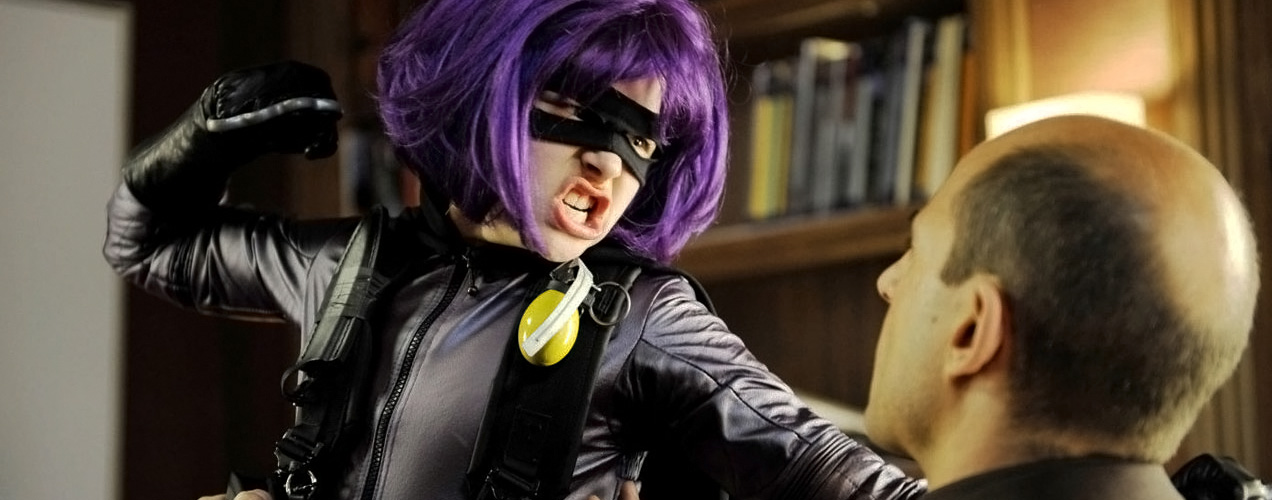
Kick-Ass
2010 / Matthew Vaughn > The bad: Awful editing, weak directing and mediocre writing. Scenes didn’t flow into the next, the musical choices were also suspect. The good: The whole mythology of the everyday man being told through Kick-Ass was nice, but Hit Girl stole the show over and over again. What an amazing screen presence Chloe Moretz has. She’s going to be a star (and has single-handedly given me hope that she’ll do justice to Lina Leandersson’s role in the remake of Let the Right One In). Takeaway? Vaughn may have peaked with Layer Cake.
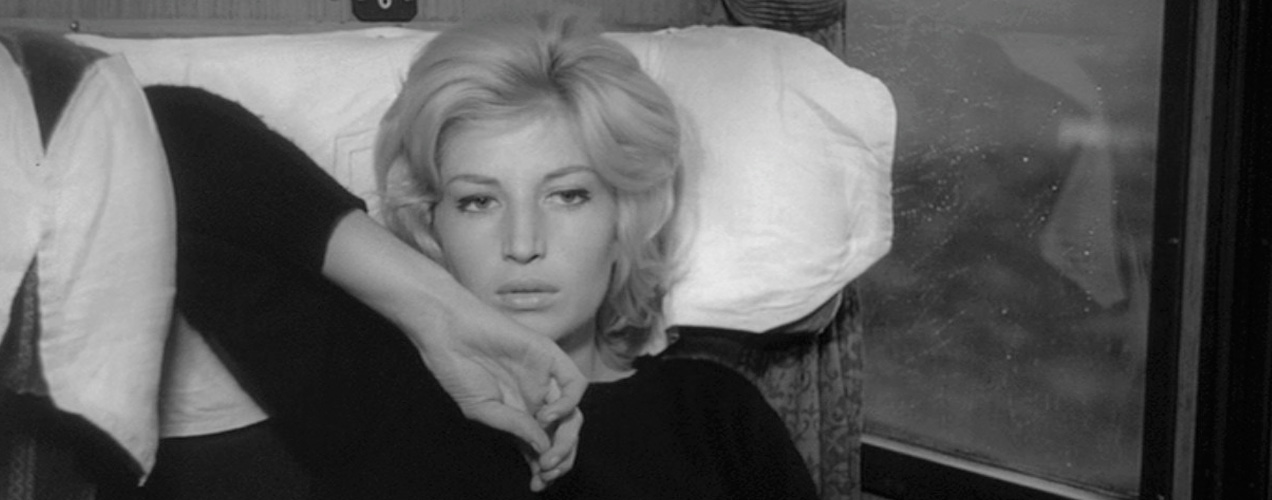
L’avventura
1960 / Michaelangelo Antonioni > It’s not quite Last Year at Marienbad, but L’avventura has the kind of melodic feel to its foundation that makes you want to look past any faults. But compared to La Dolce Vita (released in the same year) where Marcello was grounded in reality while all those around him floated about, nobody in this first part of the Antonioni’s alienation trilogy had that kind of hook. I had a hard time worrying about characters who often went out of their way to show (and sometimes tell) us that they didn’t have to care about the same things as the masses. If the film is meant to symbolize that money (and the lifestyle it brings) can still lead to an empty life, I’m not sold. Because these characters couldn’t garner my sympathy, I couldn’t, subsequently, care about what happened to and around them. For others with different value systems and life experiences, this may work. It’s a film you have to feel in your gut or it just won’t have a payoff.

Werckmeister Harmonies
2000 / Béla Tarr > While beautiful and often mesmerizing, Werckmeister Harmonies is not easy to digest on the first viewing. Its metaphysical aspects hint at quite a bit of depth but for those without background knowledge of Hungary within the context of European history, the lessons in tow may seem shallow. Tarr’s apparent preference (or obsession) for very long takes are mostly enjoyable, though there are times one has to wonder if certain scenes could have been shortened here and there for greater impact. Also rather fascinating is star Lars Rudolph having to be dubbed as he’s German and the film is in Hungarian, which is apparently a rather complex and almost insular language. This is initially jarring in the intro sequence (which is absolutely fantastic itself) but becomes less of an issue as time goes on. Supposedly, this is one of the least accessible of Tarr’s works but can still serve as an appetizer before attempting his seven and a half hour labor of love Sátántangó. Just be prepared for a second viewing.

Moon
2009 / Duncan Jones > When it comes to modern science-fiction, there’s nothing worse than predictability. Problematically, science-fiction, in itself, is a derivative art. It takes into effect what’s already around us and extrapolates those objects and ideas into the future. Unfortunately, cinematic conventions are often one of those things. You can argue that much of the last decade’s laziness can be attributed to the endings of The Usual Suspects and The Sixth Sense. Their success pigeonholed lesser-known directors into formulas that were known to work. This has led to a barrage of films, including many in the science-fiction genre, to become innocuous, even lame.
Once upon a time, someone told me the reason they loved Crouching Tiger, Hidden Dragon was because it infused everything that Chinese cinema had been built on for the last half-century and refined it into one final product. And so enters Duncan Jones, mimicking that approach of Ang Lee and creating Moon as a appreciative hurrah for the genre. In the process, he does one thing very, very well: Playing with expectations. Everytime I thought I knew what was going on, one of two things happened: It didn’t, or it happened immediately instead of at the end as a final twist. Without going into plot details, Sam Rockwell has a run-in with another Sam Rockwell early in the film. Who is the second Sam Rockwell? Even if you think you know, you don’t. And that’s the beauty of it.
Aside from Jones, Rockwell stands out as one of the best performances of the year. He won’t get an Oscar nod, but cultists will appreciate this work for a long time to come. Add in Clint Mansell’s techno-tragic soundtrack and newcomer Gary Shaw’s awesome cinematography, and you have the recipe for one of the best films of 2009.

